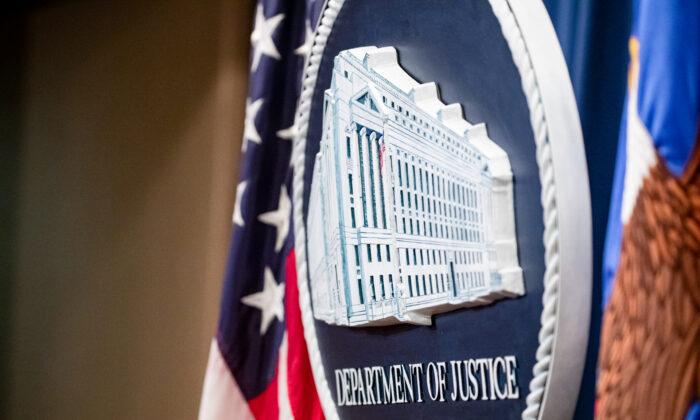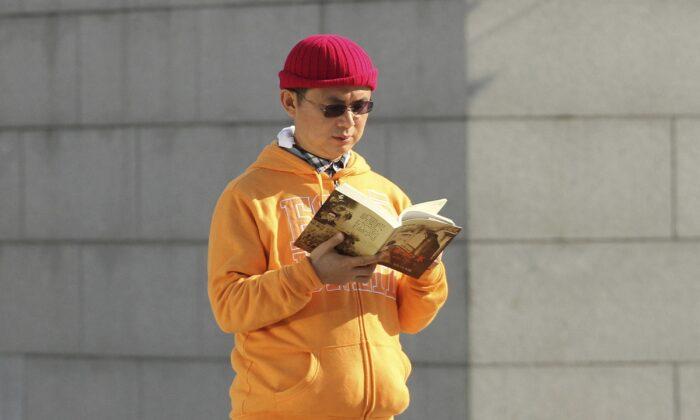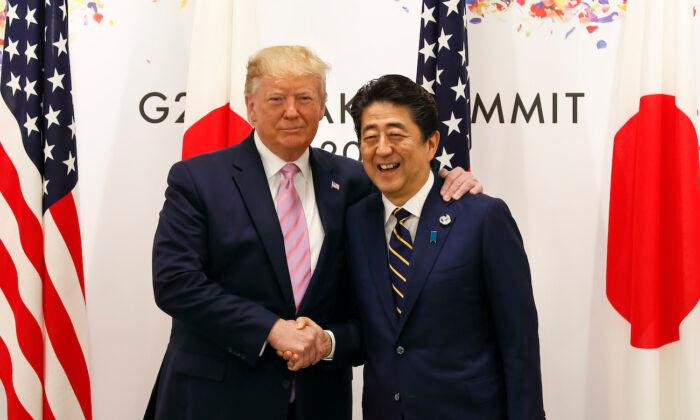On March 23, Alexander Tah-ray Yui, head of the Department of Latin American and Caribbean Affairs of the Republic of China’s Ministry of Foreign Affairs, revealed that China’s vaccine makers would not sell their shots to Paraguay unless it agreed to sever its diplomatic relations with Taiwan, according to the Taipei-based Central News Agency (CNA).
The Paraguayan side condemned the action, saying that Chinese vaccine manufacturers were attempting to hurt its sovereignty; and contended that vaccines should not be reduced to a political tool, CNA reported.
Paraguay is one of the 15 diplomatic allies of Taiwan, according to the Ministry of Foreign Affairs.
Beijing has won over seven former diplomatic allies of Taiwan, including Sao Tome and Principe, Panama, Dominica, Burkina Faso, El Salvador, the Solomon Islands, and Kiribati, since President Tsai Ing-wen took office in 2016.
China’s foreign minister Wang Yi claimed at a joint press conference on March 23 that “We—China and Russia—do not concern our own benefits alone; rather, we take global interests into account,” based on China’s state media reports. He also said China would use its vaccines as a global public good.
Previously, Wang said China never attached any political strings in international cooperation on COVID-19 vaccines at a virtual meeting of the United Nations Security Council regarding vaccine distribution on Feb. 17.
China is donating thousands of its vaccines to low- and middle-income countries to expand its global outreach, according to New York-headquartered Quartz, a global business news outlet.
Nonetheless, Chinese vaccine makers have not been transparent in disclosing data of Phase 3 clinical trials, leading to public questions about their products’ safety, Huang said.
Regulators are still waiting for more data from Sinovac, the country’s Health Science Authority said.





